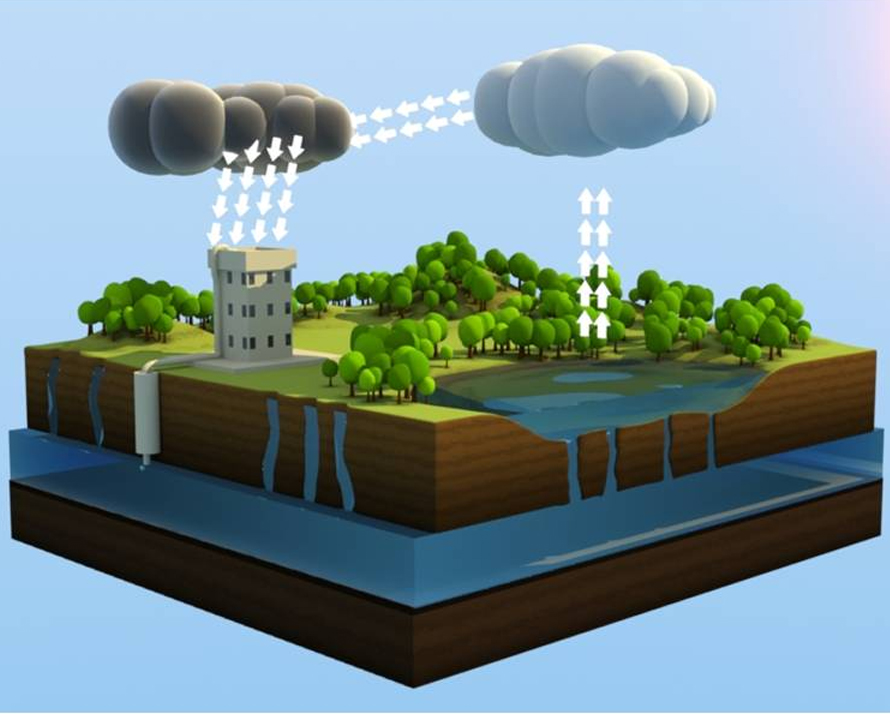Rainwater Harvesting Systems / RWH Projects







Rainwater Harvesting Systems / RWH Projects
Rainwater Harvesting Systems (RWH) are sustainable water management solutions designed to collect, store, and utilize rainwater for various applications, including domestic, industrial, agricultural, and commercial use. These systems help conserve water resources, reduce dependency on groundwater, mitigate urban flooding, and promote environmental sustainability. RWH is particularly beneficial in regions facing water scarcity, as it provides an alternative and renewable water source. The basic working principle of a rainwater harvesting system involves capturing rainwater from rooftops, open surfaces, or natural catchments and directing it through a filtration system before storage or direct usage. There are two main types of rainwater harvesting systems: surface runoff harvesting and rooftop rainwater harvesting. Surface runoff harvesting collects water from open areas such as roads and fields, directing it to storage reservoirs, recharge pits, or infiltration wells. Rooftop harvesting, on the other hand, involves collecting rainwater from building rooftops using gutters and downpipes, filtering out debris, and storing it in underground tanks, overhead reservoirs, or recharging it into the groundwater.